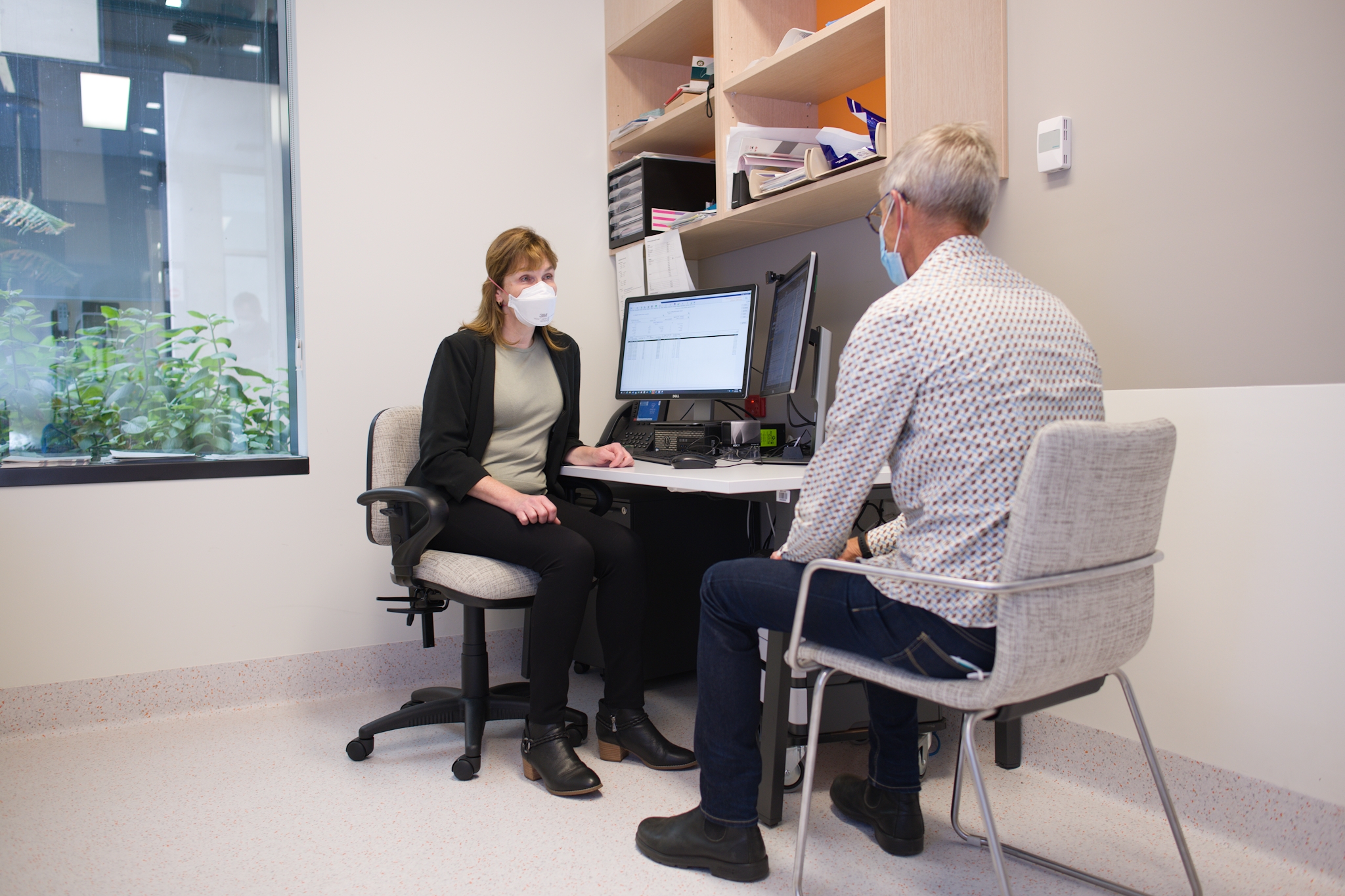Advance care planning refers to planning for your future healthcare and ensuring that your healthcare wishes are understood and respected. It allows you to make decisions about the treatment and care you would or would not like to be provided if you were unable to communicate your preferences. Advance care planning benefits you and everyone involved in your care, including family, carers and healthcare professionals by improving ongoing and end of life care, reducing stress and anxiety for your loved ones, and preventing your doctors from making unwanted treatment decisions. If there is no documentation or substitute decision-maker to communicate your preferences, the doctors will decide on treatment.
An advance care directive is created by the patient and documents their preferences for future care, and can include their values, life goals, preferred outcomes, and directions about care and treatment. The directive can also be used to formally nominate a substitute decision-maker who makes healthcare decisions for the patient according to their preferences. This document is legally binding and must be adhered to.
The process to create an advance care directive varies between states and territories in Australia. To understand the process in each individual state or territory, you can visit Create Your Plan | Advance Care Planning.

An advance care plan is created by someone else on behalf of the patient if they have diminished or no capacity to make decisions about themselves. It should incorporate the patient’s preferences and include their beliefs and values. While an advance care plan is not necessarily legally binding, any documentation that has recorded the patient’s healthcare preferences must be considered by the healthcare team when organising care and treatment.
Advance care planning should be an ongoing process of both written and verbal communication with your family, carers and healthcare providers about your values and preferences. This ensures that everyone understands and respects your wishes and can advocate for you as needed. These conversations and any documentation should be revisited to update your preferences if and when they change, especially during significant health changes.
You can reach out to palliative care teams or social workers for help and ask them to guide you through the advance care planning process. If you have any questions about the legal aspects of advance care directives in Australia, consider consulting with a legal professional to ensure your documents are in order.
Further information about Advance Care Planning:
Advance Care Planning Australia
Advance Care Planning Australia is a national project, funded by the Australian Government Department of Health and Aged Care, that assists Australians to make the best choices for their future health and care. They provide advice and support on advance care planning across Australia, provide training, education and produce bespoke information for diverse communities and specific health settings.
If you are unsure on Advance Care Planning and want a better understanding, the Getting Started Guide is a great place to begin.
Advance Care Planning information for Indigenous Australians:
Indigenous Advance Care Plans - Palliative Care Australia
Advance care planning will often be approached differently if you are an Aboriginal and Torres Strait Islander person. The following resource contains culturally safe information and a video that may help you to understand Advance Care Plans and how they can assist you to discuss your choices.
Here are the links to other information pages to learn more about different aspects of supportive care. You may also use the quick links on the right side of the page to navigate.

Most people are diagnosed with cancer of unknown primary (CUP) after they have symptoms or become unwell. Some people may be diagnosed during tests for another health condition. When cancer is suspected, you might be referred for tests or to a specialist.

The treatment you have depends on a number of things, including where the cancer is and your general health. A team of doctors and other professionals discuss the best treatment and care for you. The main treatment for Cancer of Unknown Primary is cancer drugs, most commonly chemotherapy. You may also have radiotherapy to help to control your symptoms and hormone therapy.




